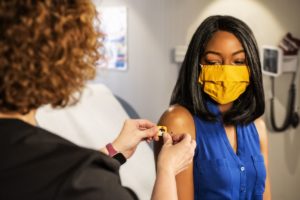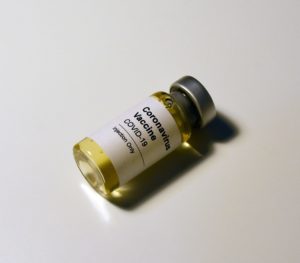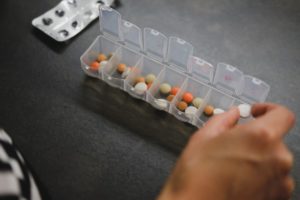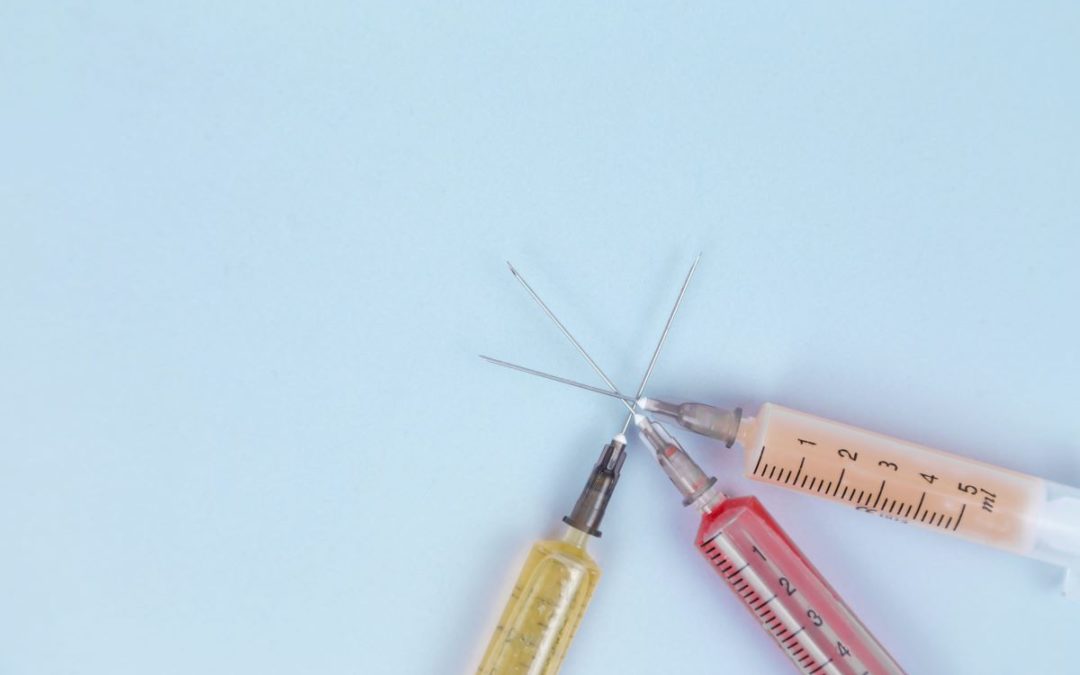It’s great news that we have not one but three vaccines for Covid-19. It’s also confusing. There are some vaccines not suitable for pregnant or elderly people. And advice seems to differ from country to country. So, how do people with HS know it’s safe for us?
At the start of the pandemic, I remember trying to get information about how Covid-19 might impact my HS. It wasn’t easy because nobody knew anything. It was at least a month before I had reliable answers. Now there are vaccines, and the struggle for information continues.
But today we have some answers.
How Do Vaccines Work?

Basically, a vaccine teaches your body how to fight a virus. Vaccines contain weakened or inactive versions of the virus. From this, your immune system learns what to do if you get infected. This is called ‘building immunity.’
Some people think that vaccines, like the flu vaccine, make you ill. But it doesn’t. The symptoms you feel are just your immune system practising what it will do if you contract the virus.
Unlike the flu vaccines, all approved COVID-19 vaccines need you to get two shots. Each of the vaccines takes time to have an effect. But nobody knows yet how long immunity lasts after you receive the vaccine.
But, experts think there is only a small chance of someone vaccinated getting COVID-19. And the vaccine itself can prevent serious illness if you do contract the virus. When enough of the population has been vaccinated, the virus can’t take a hold. And the disease spreading in the community is unlikely. This is ‘herd immunity.’
Vaccines for Covid-19

Currently, there are three vaccines in circulation in Europe and two in the United States.
Most countries have a roll-out plan for the vaccine, prioritising those most at risk. Remember, HS itself is not a high-risk category for COVID-19. But conditions related to HS like diabetes are.
If you live with diabetes of any other disease related to HS, you may qualify as high risk. So you may be prioritised for the vaccine. Keep in mind that each country roll-out plan might be different.
Covid-19 Vaccines and HS

HS is not considered a high-risk illness for complications of COVID-19. And experts don’t expect the disease to impact the vaccine. But many people who take medication for HS worry about their treatment.
Two of the vaccines are safe for people taking immunosuppressant medications. Those are the Moderna and Pfizer/BioNTech vaccines. But according to the HSE, the vaccine may be less effective if you are on immunosuppressants.
Getting Answers
Before you get the vaccine, the most important thing you can do is work with your doctor. If you have concerns about the vaccine and your HS, consult your doctor. Some people fear the vaccine, and that’s normal.
In the past year, we have been through a lot. And you should have questions. I hope we have alleviated some of those fears here today. But, if not, make sure you get the information you need to make an informed decision.
In the meantime, follow public health advice. Stay at home when you can and social distance where you can’t. Wash your hands and wear your mask.
Stay safe, everyone.


